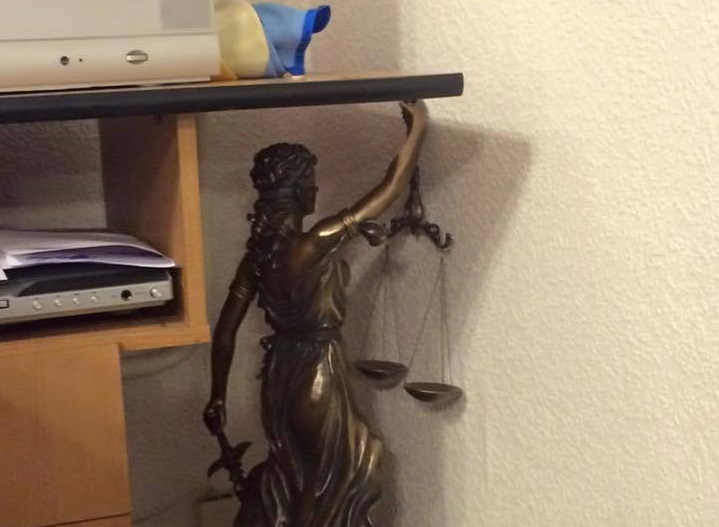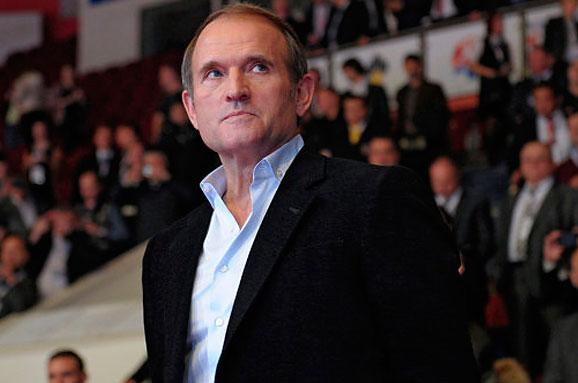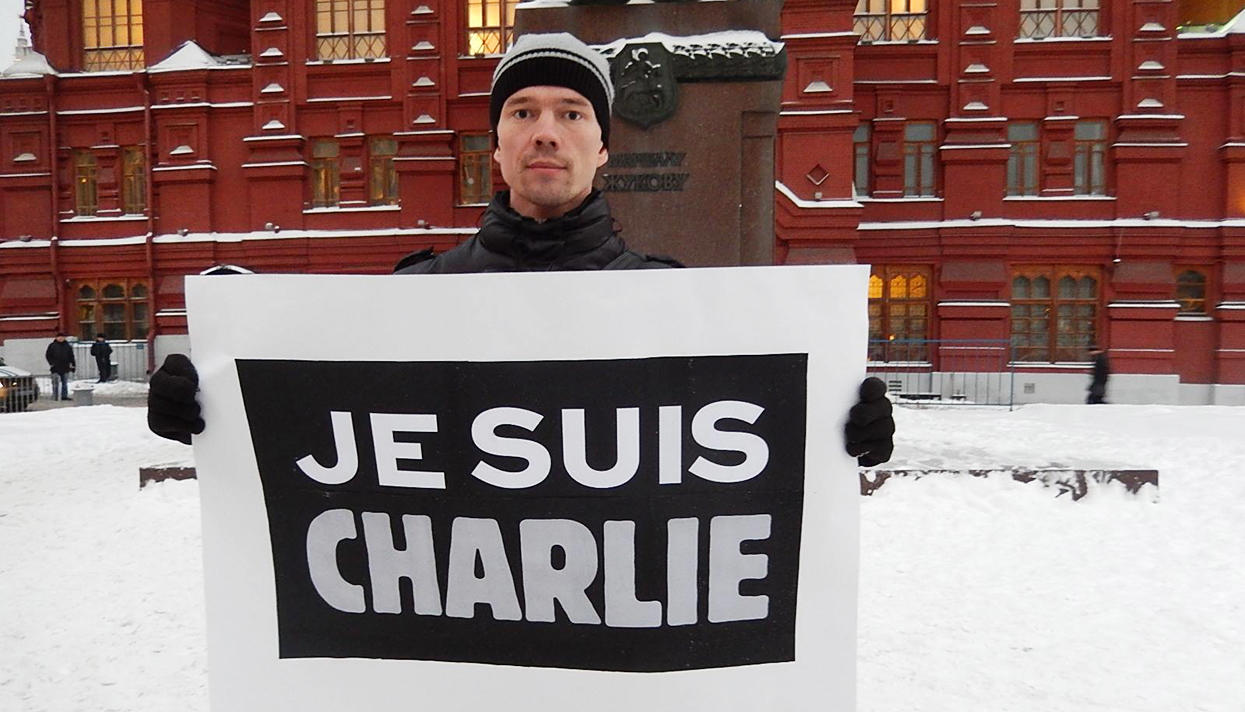One of the Dnipropetrovsk-based UKROP party leaders Henadiy Korban has found himself under the spotlight on the morning of 31 October. He was detained by the Security Service of Ukraine (SBU) and party offices and his affiliated volunteer organization was searched. The party’s lawyers then claimed that documents justifying the investigative action were not provided, and the right to legal aid was denied. Journalists were barred from the scene without any legal justification.
On 6 November, Korban was placed under house arrest for two months until 31 December. The commentators connected this prosecution with Poroshenko’s war against the oligarch Ihor Kolomoysky, affiliated with UKROP party.
Record breaking 30-hours court hearings’ timeline
24 December: Late at night Henadiy Korban was transported from Dnipropetrovsk to Kyiv in order to verify his diagnosis due to which the politician had been ignoring requests to meet the investigators.
25 December: Korban had a heart surgery at Kyiv Amosov Institute of Cardiovascular Surgery due to the threat of a heart attack.
26 December: The court was considering the prosecution’s file about changing house arrest into detention facilities. Prosecution demanded transporting the politician to the hearings and the court approved it, though the defense disputes the forensic-medical examination of Korban’s health condition.
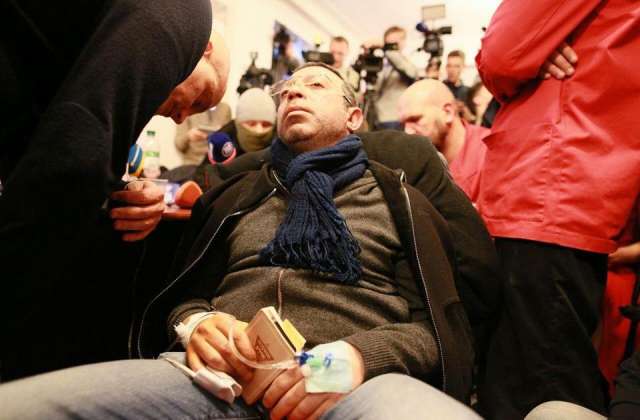
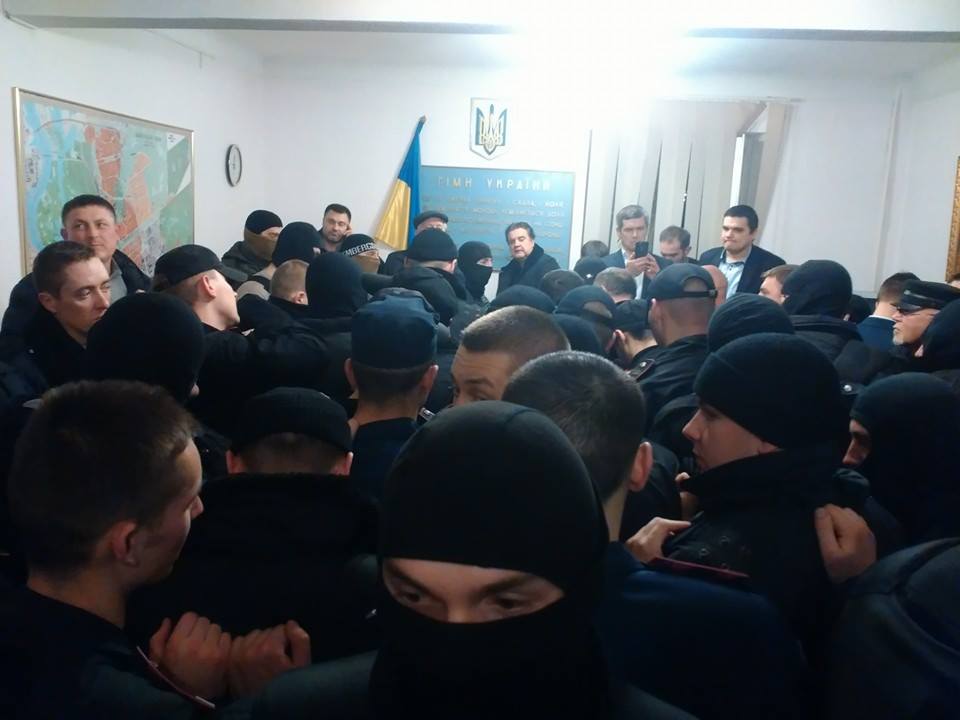

27 December: During the hearings that started, Korban had complained about his poor health and later fainted. His lawyer Oksana Tomchuk fainted as well after having spent 17 hours in court.
Masked young men came to the hearings getting involved into numerous fights with Korban’s comrades. The judge decided to close the hearings to the broad public.
Read more: How selective justice brings ukraine back to the Yanukovych era
28 December: The judge rejected lawyers’ appeal regarding disqualifying the prosecutors and didn’t consider the appeal regarding his own recusal. Korban refused the services of his lawyers, the new lawyer claimed she had too little time to learn the case.
The court ruled to change the house arrest into detention facilities until 25 February. The lawyers claim that the sentence included names of the lawyers that Korban had refused, which they believe suggests it was written before the hearings.
The court hearings lasted for 30 hours, setting a record in Ukraine’s jurisprudence.
What is the UKROP party leader accused of
The politician is suspected in creating a criminal organization, seizing funds of a particularly large scale, the theft of an automobile and unlawful possession.
Now the prosecutors claim that due to the electronic bracelet data, Korban violated the house arrest regime over 30 times. Also, one of the witnesses has filed a claim regarding Korban putting pressure on him/her, as well as trying to destroy the documents proving unlawful activities.
Due to the prosecution, the UKROP leader had provided health certificates issued by a private clinic belonging to Korban himself through the affiliated persons. As a result of the searches conducted, proof of paying money to some MPs had been found. Also, some corruption “schemes” planning raids on many enterprises were found.
From a raider to a martyr
“Political repressions, persecution for patriotic beliefs, and arbitrariness of the law-enforcement system in Ukraine have acquired a menacing scale,” a petition to Petro Poroshenko says. An UKROP parliament member Vitaliy Kupriy published the text of the petition on Facebook announcing it to appear on the President’s website in the nearest days.
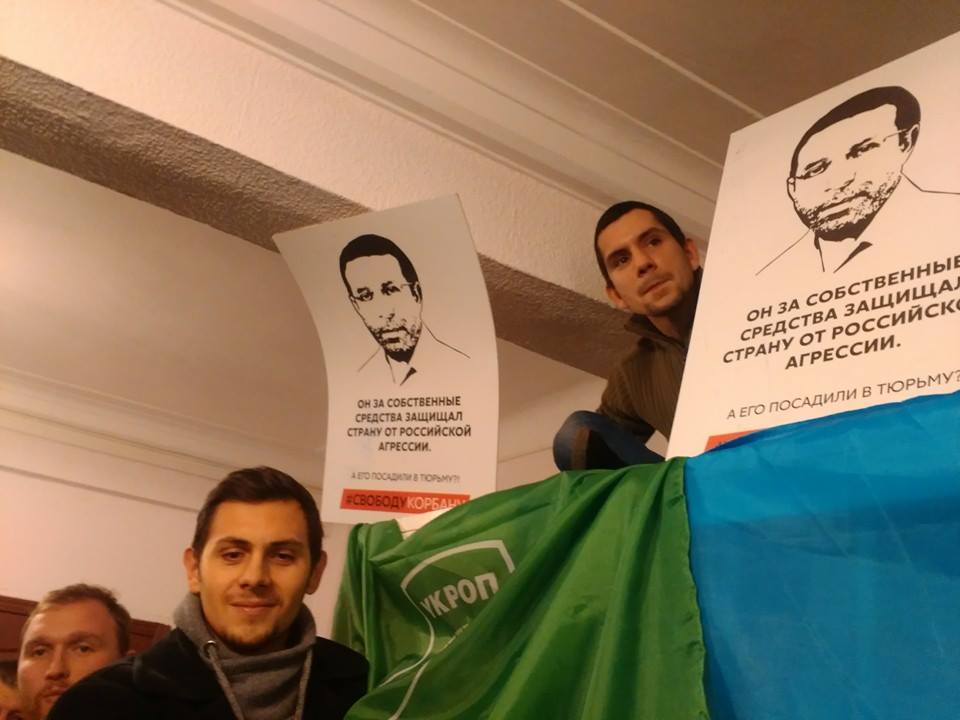
“The most drastic example is the ‘case of Henadiy Korban,’ which proves the existence and spreading of practices of fabricated criminal proceedings and administrative pressure of the presidential vertical on courts, prosecution, security service, newly established police,and the National Guard,” the petition goes on to demand to stop political repressions and set free all political prisoners.
This new turn in the case against “Poroshenko’s main political opponent,” as many call Korban, didn’t bring Ukrainians to the streets. Yet, bloggers and commentators widely criticize the authorities for turning litigation into a dramatic show with overnight arrests, 30-hours long hearings, fights in the court room and legal violations on almost every step of the process.
The more Korban’s case reminds the political repressions from Yanukovych’s times, the fewer people remember Korban giving out food to win snap elections to the parliament in the scandalous 205 district, and even fewer – him admitting to having conducted corporate raids in the past.
In a country where no one has been punished for shooting down a very recent revolution and lack of judiciary reform is widely criticized abroad, such a rapid and dramatic development of prosecuting Poroshenko’s main political opponent’s protégé evokes painful associations. The very end of a political year of 2015 seems to have added to Ukraine’s dictionary a worrisome new term “Poroshenko’s regime.”




